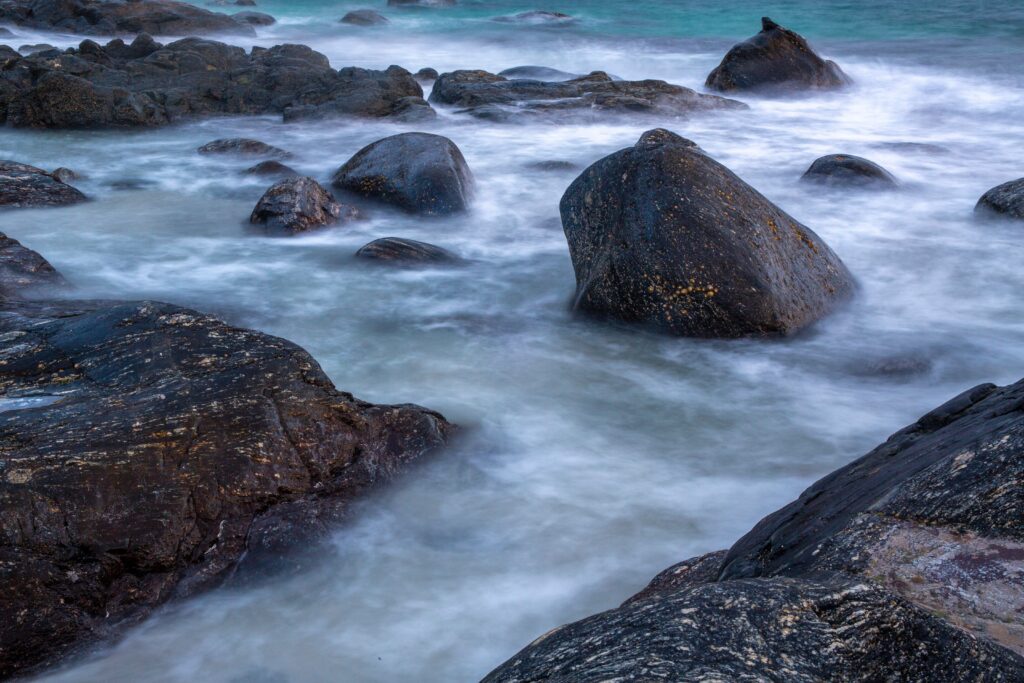
In a monumental step toward reversing the rapid decline of marine ecosystems, a global coalition of environmental organizations, scientists, governments, and community leaders has officially launched the ‘Revive Our Ocean’ initiative—an ambitious, long-term campaign focused on restoring the health of the world’s oceans by 2035. The initiative was unveiled at a high-level international summit held in Lisbon, Portugal, bringing together over 70 countries and hundreds of experts in ocean conservation.
The initiative marks a pivotal moment in marine protection efforts, acknowledging that the world’s oceans are under unprecedented pressure due to pollution, overfishing, climate change, deep-sea mining, and habitat destruction. As ocean temperatures rise, coral reefs bleach, fish stocks dwindle, and plastic waste chokes marine species, the call to action has never been more urgent.
A Global Commitment to Revive the Blue Heart of the Planet
Led by the newly formed Global Ocean Restoration Alliance (GORA), the ‘Revive Our Ocean’ initiative outlines a 10-year framework with the aim of restoring marine biodiversity, enhancing coastal resilience, reducing ocean pollution, and empowering coastal communities.
“We are at a turning point,” said Dr. Elena Duarte, Marine Ecologist and Chair of GORA. “The oceans are the lifeblood of our planet—they regulate our climate, provide food for billions, and generate over half the oxygen we breathe. With ‘Revive Our Ocean’, we are not only fighting to protect marine life, but we’re also investing in the survival of humanity itself.”
The Key Pillars of the Initiative
The campaign focuses on five core action pillars:
- Marine Protected Areas (MPAs): Expanding and strengthening MPAs to cover at least 30% of the global ocean by 2030. This includes strict no-fishing zones and restoration of critical habitats like mangroves, coral reefs, and seagrass meadows.
- Plastic and Pollution Reduction: Partnering with industries and governments to reduce ocean-bound plastic waste by 70% over the next decade. New regulations on microplastics, single-use plastics, and industrial runoff will be enforced.
- Sustainable Fisheries and Aquaculture: Promoting regenerative fishing practices and scaling up sustainable aquaculture models that don’t harm the marine environment.
- Blue Carbon Ecosystems: Investing in coastal ecosystems that store carbon—like mangroves, salt marshes, and seagrasses—as vital tools in fighting climate change.
- Community-Led Ocean Stewardship: Empowering indigenous and coastal communities with funding, education, and legal support to lead local ocean conservation efforts.
Technology, Innovation, and Science at the Helm
Scientific innovation plays a critical role in this initiative. AI-powered monitoring systems, satellite tracking of illegal fishing, and ocean-cleaning technologies are being deployed at scale. One standout innovation showcased during the summit is a new generation of biodegradable nets and fishing gear that drastically reduce bycatch and ghost fishing.
Oceanographer Dr. Shalini Mehra from India, one of the key scientific advisors, emphasized, “This is not just an emotional movement. It is deeply rooted in science. We’re using real-time data, predictive modeling, and restoration science to guide every step. Technology is becoming the ocean’s ally.”
Funding the Future of the Ocean
The initiative is backed by a robust funding framework. Over $8 billion USD has been pledged by governments, philanthropic foundations, and private sectors. This includes significant contributions from the Blue Planet Fund, the Bezos Earth Fund, and several ocean-focused NGOs.
A portion of the funds will also support small-scale fishers, ensuring that transitioning to sustainable practices doesn’t come at the cost of livelihoods. New marine employment opportunities in areas like reef restoration, eco-tourism, and marine research are also on the rise.
Spotlight: India’s Role in the Revive Our Ocean Initiative
India has pledged to designate new Marine Protected Areas in the Andaman and Nicobar Islands and the Gulf of Mannar, areas that are biodiversity hotspots. The Ministry of Environment, Forest and Climate Change also announced a joint research program with leading Indian marine institutions to monitor coral reef restoration and the impact of ocean warming on India’s coastlines.
Speaking at the summit, India’s Minister of Environment, Mr. Rajesh Malhotra, said, “We are proud to be part of this global movement. Our coastal communities are already facing the impacts of climate change and rising sea levels. This initiative gives us the tools and the solidarity to act decisively.”
Voices from the Frontlines
The launch of ‘Revive Our Ocean’ also brought forward emotional stories from those directly affected by ocean degradation. From Pacific islanders facing the threat of displacement due to rising seas, to fisherfolk in Kerala witnessing shrinking catches, their voices underscored the human dimension of this crisis.
Lakshmi, a 39-year-old fisherwoman from southern India, who now trains local youth in coral gardening, said, “For us, the ocean is not just water—it’s life, it’s history, it’s culture. Restoring the ocean means restoring our future.”
Looking Ahead: Measuring Impact
The progress of the initiative will be monitored through an annual Ocean Health Index, which will evaluate restoration efforts based on biodiversity, pollution levels, sustainable use, and community engagement. The first report card will be published in 2026, offering transparency and accountability for all participating nations and stakeholders.
A Hopeful Tide
As the world grapples with environmental breakdown, the ‘Revive Our Ocean’ initiative brings a wave of hope. It reframes the conversation around oceans—not merely as victims of climate change, but as powerful allies in climate resilience, food security, and ecological restoration.
The launch is not the end, but the beginning of a decade-long commitment to safeguard the heart of our blue planet. Whether the initiative achieves its lofty goals depends not just on policy or funding, but on a collective shift in how humanity views its relationship with the ocean.
As Dr. Duarte concluded at the summit, “This is not about saving the ocean. It’s about the ocean saving us—if we let it heal.”